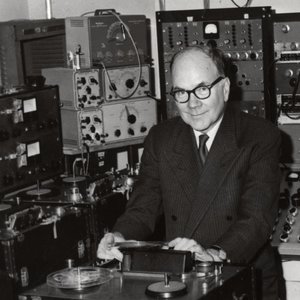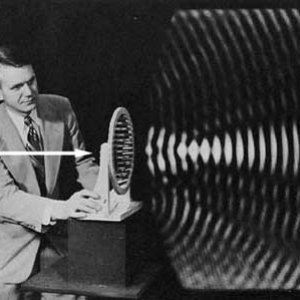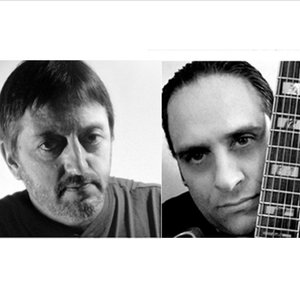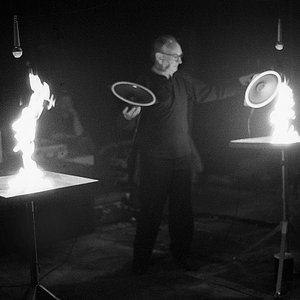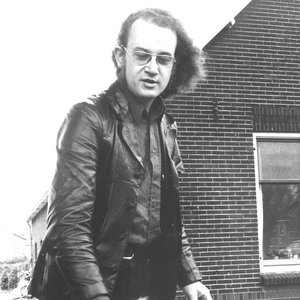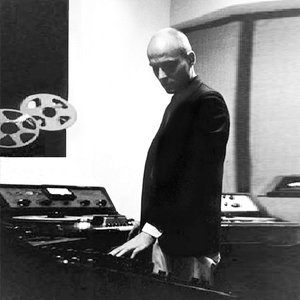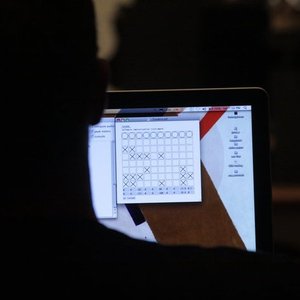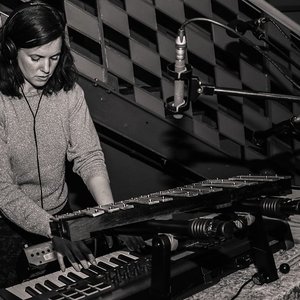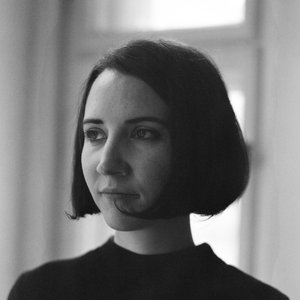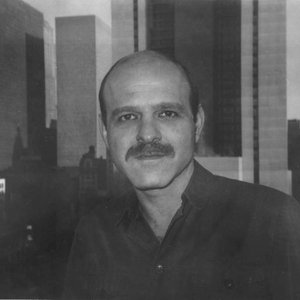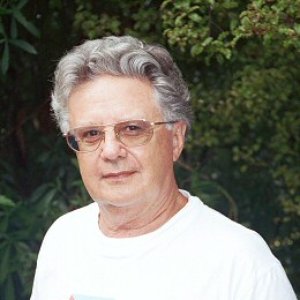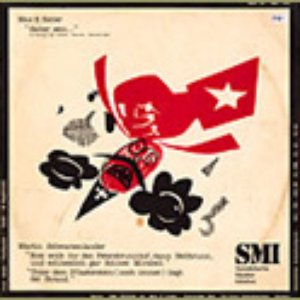Biography
Marco Oppedisano (born November 20, 1971 in Brooklyn, New York) is an American guitarist and composer whose compositions focus on the innovative use of electric guitar in the genre of electroacoustic music. His musique concrète/acousmatic music compositions have utilized multitrack recording and extended performance techniques for electric guitar and bass. In addition to musique concrète, recent compositions by Oppedisano also consist of "live" electric guitar in combination with a fixed playback of various electronic, acoustic (specifically female voice courtesy of his wife, Kimberly Fiedelman) and sampled sounds.
His electroacoustic music has been described as “…mindbending music for guitar and electronics… hear Oppedisano’s intricate roar.” (Time Out New York) and "….in-your-face and almost confrontational music, which however never sees salvation in total mayhem, but in creating an immediate emotional and endorphinal experience…" (Tokafi)
Oppedisano started playing guitar at the age of 12 and was primarily a self-taught rock guitarist before entering studies at The Brooklyn College Conservatory of Music. After two years of classical guitar study with Michael Cedric Smith at Brooklyn College, he completed composition studies there with Tania Leon, Charles Dodge, Noah Creshevsky (creator of Hyperrealism (music) and George Brunner.
Oppedisano completed graduate studies at the Aaron Copland School of Music at Queens College obtaining his Masters Degree in Music Composition. There he studied with Henry Weinberg and Thea Musgrave.
He has had ensemble works performed by the Fireworks Ensemble, Glass Farm Ensemble, Brooklyn College Percussion Ensemble (directed by Morris Lang), Zyryab Guitar Quartet and solo guitar compositions performed by Kevin Gallagher and Oren Fader. As a guitarist he has performed in compositions by notable composers/guitarists, Nick Didkovsky and Glenn Branca.
https://guitar-muse.com/interview-with-marco-oppedisano-5582
Guitarist and Composer
I was first introduced to Marco Oppedisano through his stunning Mechanical Uprising recording. What really knocked me out about it was the way that Marco was able to unite multiple compositional and playing influences into a fully realized voice. If you were to imagine someone who learned Yngwie Malmsteen’s Rising Force inside and out and who then used the chops gained from that experience in service to helping create probing dense compositions you can start to get an idea of the release. It’s an impressive artistic statement that serves as both a compositional and a playing tour de force and it’s a record that I’d recommend to any guitarist out there with a ear bent for the sonically bold and experimental.
Marco was kind enough to recently sit down with me (via e-mail) and talk about his experiences, influences and development as a composer and a guitarist.
.
I guess I should start the the beginning. How did you get into guitar playing?
I was born and raised in Brooklyn, NY to Italian immigrant parents. My father played guitar and sang throughout my childhood, so there was always a guitar around. As a child of 6 or 7, I would strap on his big acoustic guitar and randomly strum the open strings loudly. At the age of 12, I became very serious about playing to the point where it became the only thing I was interested in doing.
What are your guitar playing/compositional influences?
There are many. My first guitar influences were primarily rock and metal guitarists. Players like Van Halen, Randy Rhoads, Yngwie Malmsteen, Steve Vai Joe Satriani, Tony Iommi, Ritchie Blackmore, Eric Clapton, Jimmy Page and others dominated my teenage years. Jimi Hendrix had a special place for me as a teenager and still does. His influence has remained a constant throughout my life. The famous version of Machine Gun from the Live at The Filmore Band of Gypsys album is one of my all-time favorite guitar tracks. And I would realize later how Hendrix’s 1983 (A Merman I Should Turn to Be) is really a perfect balance of experimentation, studio mastery, wonderful guitar playing and great songwriting.
.
In my later teens, John McLaughlin with Mahavishnu Orchestra was very influential. Hearing Mahavishnu’s Birds of Fire for the first time at 17 years old really blew my mind. That would lead me to listening to guitarists like Frank Zappa, Steve Morse, Allan Holdsworth, Scott Henderson, Al Di Meola, Mike Stern, John Scofield, etc. It wouldn’t be until my late 20’s (after a period of playing considerably less guitar) where I would start listening to experimental guitarists like Hans Reichel, Marc Ribot, Derek Bailey and Fred Frith. Also, discovering Robert Fripp and his Frippertronics was a real eye opener.
.
I didn’t start having serious compositional influences until reaching college. It was there I started to love classical music. I remember hearing Ives’ “Three Places in New England“ for the first time on a Music Appreciation anthology and not knowing what to think. I was 18 years old and still listening to a lot of guitar music. Nevertheless, I was fascinated enough to want listen some more, acquired a taste for it, and eventually developed a love for his music.
So, I would say some important classical influences were ranging from early music, Bach, Mozart, Brahms to Bartok, Stravinsky, Webern, Mahler, Ligeti, amongst many others. I spent hours with the score for Stravinsky’s “Agon” (an all time favorite of mine). I also was very interested in the music of Morton Feldman and John Cage. Cage’s Sonatas and Interludes (for prepared piano) would have some influence on my prepared electric guitar work used in my electroacoustic pieces (Limbo, Karmicom, and Seven Pieces: VII. The Dreamer). As for Morton Feldman, I always loved his use of voices in Rothko Chapel. I’m also a big fan of the player piano music of Conlon Nancarrow. The piano music I composed for my piece “Solitary Pathways” on Mechanical Uprising was definitely influenced by his work.
My first exposure to electronic music was hearing “Poeme Electronique“ by Edgard Varese when I first started college (on the same aforementioned anthology). I was fascinated with the piece and would listen late at night in complete darkness just to scare myself. It is still one of my all time favorite works of classic electronic music. Looking back, I had no idea that years later electronic music would become my compositional focus. Life can be funny like that.
So in regards to electronic music, I’ve been influenced by Stockhausen, Xenakis, Cage, Henry, Dhomont, Subotnick, etc. On a more personal level, Noah Creshevsky, one of my composition teachers at Brooklyn College has had an important influence on my music and aesthetic. I had the honor of having my electric guitar samples included on a composition of his called “Hoodlum Priest“ with Thomas Buckner (Hyperrealism, Mutable Music – 17516-2).
Artist descriptions on Last.fm are editable by everyone. Feel free to contribute!
All user-contributed text on this page is available under the Creative Commons Attribution-ShareAlike License; additional terms may apply.

